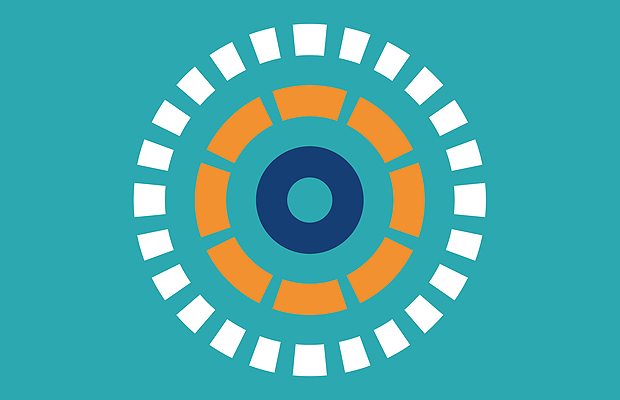Atezolizumab is in clinical development as an adjuvant treatment for resectable non-small cell lung cancer (NSCLC). An adjuvant treatment is an additional treatment given after primary treatment that aims to reduce risk of disease recurrence. Lung cancer is one of the most common and serious types of cancer and NSCLC is the most common type of lung cancer. Resectable cancer means that the cancer can be removed by surgery, which means the cancer is normally in earlier stages (I-II). Currently, patients with resectable NSCLC are offered chemotherapy following surgery; there are no immunotherapies (drugs that target the immune system) licensed for this patient group.
Atezolizumab is a type of protein called an antibody, which can bind to a protein called programmed death ligand 1 (PD-L1) to prevent it interacting with its target (PD-1). In doing so, atezolizumab helps immune cells kill cancer cells and is used to treat many different types of cancer that express PD-L1. Atezolizumab is administered intravenously (IV). If licensed, atezolizumab would offer an additional adjunctive treatment option for patients with resectable NSCLC.
Atezolizumab for resected non-small cell lung cancer - adjuvant

Interventions:
Atezolizumab (Tecentriq; MPDL3280A)
Indications:
Non-small-cell lung cancer (NSCLC)
Therapeutic Areas:
Lung and Respiratory Cancer
Year:
2020